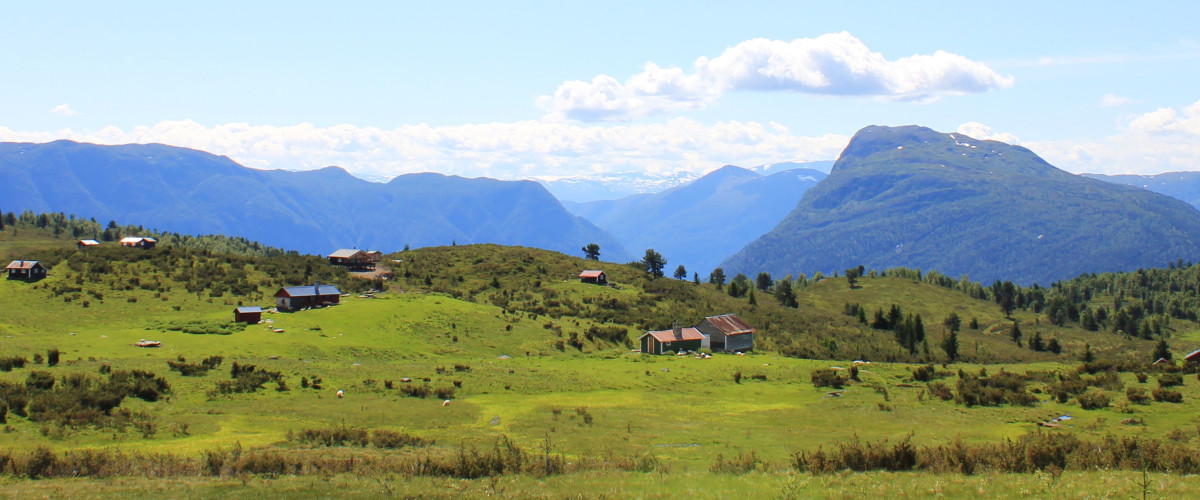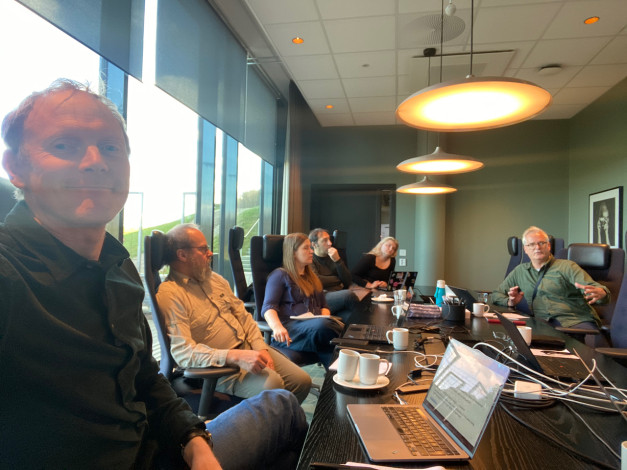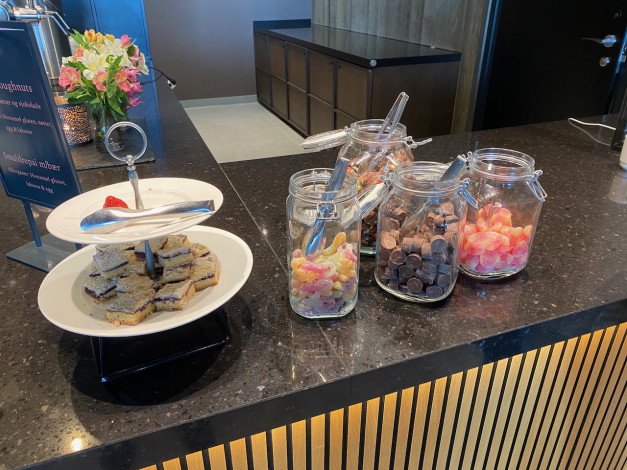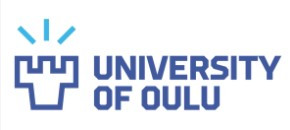The work involves developing a theoretical framework to analyze the five casas in the project. The framework will emphasize justice related to the environment, climate and energy and combine it with the Intergovernmental Science-Policy Platform on Biodiversity and Biodiversity (IPBES) framework for pluralistic valuation. Ragnhild Freng Dale at Vestlandsforsking is responsible for the work package.

Land use justice for green transitions (JustGreen)
JustGreen focuses on conflicts that often arise in relation to land use changes driven by the green transitions. The participants in this project will develop a framework to strengthen and deepen the democratic processes of the green transitions with the aim to reduce such conflicts.
Renewable energy is a core feature of the green transitions. However, renewable energy production requires development of infrastructure and mining for critical minerals. In this way, renewable energy development is an important driver of land use changes in the Nordic countries. These land use changes often cause conflicts between developers, planning officials, environmentalists, and local inhabitants. Securing public support for green transitions depends on resolving these conflicts in equitable and environmentally just ways.
JustGreen is aiming to develop a land use management framework that can be used to help resolve conflicts over land use in the green transitions. We draw on theories of legitimacy, justice, and pluralistic valuation to develop a framework for just land use assessment.
This aspect is important, as a fundamental reason for the nature crisis is the failure to appropriately value nature in decision-making processes. The framework will be applied to studies of ongoing and completed processes of land use change in relation to onshore wind projects and mining projects in Norway, Finland, Denmark, and Iceland. The researchers in the project will analyse the knowledge base used in the planning process in each of the cases, and evaluate the extent to which justice and value recognition have been considered.
To further the theory and practice of land use justice, the project will also identify and test methods for conflict resolution within land use change processes. The framework will be made practically applicable for use in future land use change processes, thus holding the potential to support the democratisation of the green transition.
Using the framework developed in work package 1, the researchers will study how different interests and values, including biodiversity, climate change and other competing considerations, are taken into account in the planning processes for renewable energy infrastructure and other projects related to industrial development, such as mining, in the selected casas. Hannu I. Heikkinen at the University of Oulu is responsible for this part of the project.
The results of the value analyses of the cases in work package 2 will be used to further develop and test conflict resolution processes with case stakeholders where it makes sense to implement such processes. The work will result in an overview of policy tools that emphasize context and culture and can be used to resolve land use conflicts. This part of the project is led by Irmelin Gram-Hanssen and Mari Hanssen Korsbrekke at Western Norway Research Institute.
In this work package, the results from the different work packages are brought together. The researchers will extract insights from the five case studies in the project on how to use new or old policy tools to weight values. The knowledge from this will be used to formulate advice for decision-makers also outside the case areas. The researchers will also review the framework for fair land use and propose a cross-sectoral approach to land use that can be built into guidelines and legislation. In collaboration with the user partners, five Norwegian municipalities, the researchers aim to apply lessons learned from the planning processes in various ways, for example in municipal plans in the case municipalities. The work is led by Johannes Welling at the University of Iceland.
The project organized a kick-off meeting at Kløfta at Oslo Airport from October 31 to November 1, 2024. Partners from Finland, Iceland, Denmark and Norway met to get to know each other better, update each other on the project's professional framework, and plan future activities.














